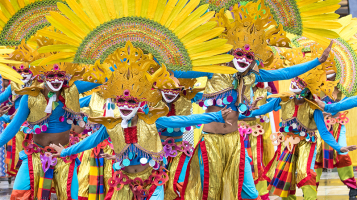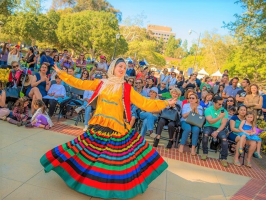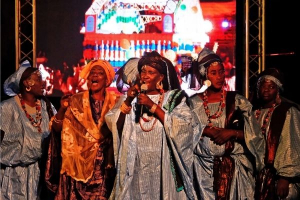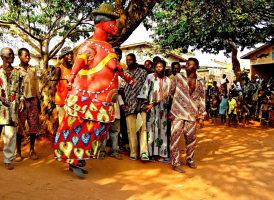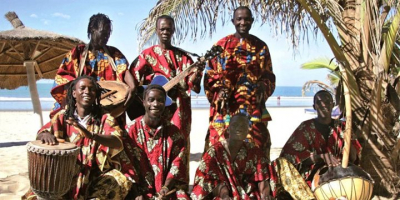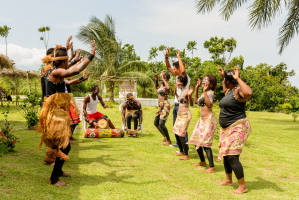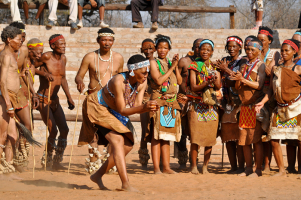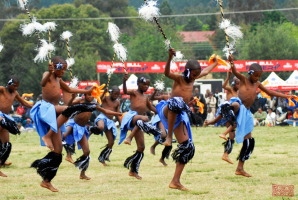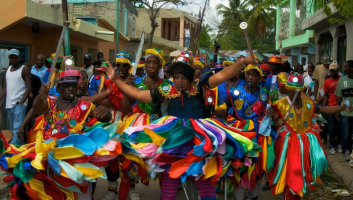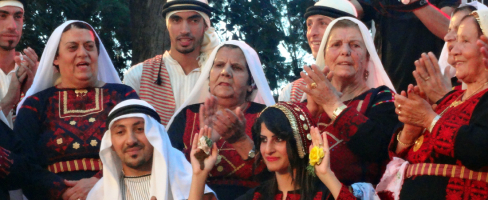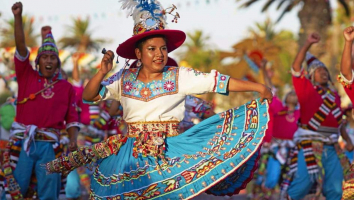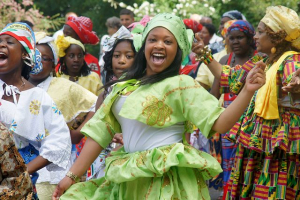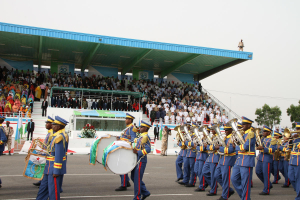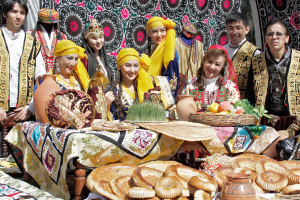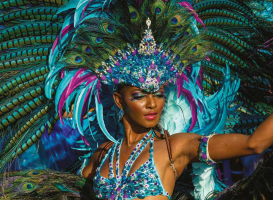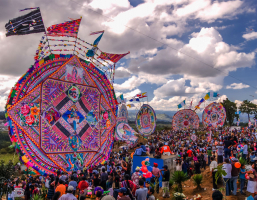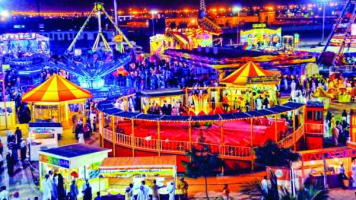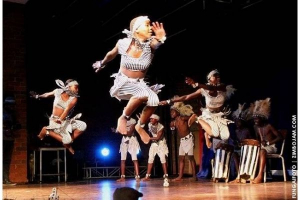Top 9 Most Famous Festivals in Niger
About 90% of Niger's population is Muslim, and this affects the ceremonies and the most famous festivals held year-round. For example, Ramadan and related Eid ... read more...al Fitr are important Muslim famous festivals observed in Niger. The rest of the population follows Baha'i and Christian beliefs, although the larger festivals in Niger will reflect indigenous, traditional beliefs, such as Cure Salee (Festival of the Travelers). Christian festivals are also considered one of the most festivals in Niger, such as Christmas and Easter. Let's have a look at the most famous festivals in Niger.
-
The Gerewol Festival is the most famous festival or annual courtship ceremony among the Woddabe Fula people of Niger. Young men dressed in elaborate makeup and traditionally painted faces gather in rows to dance and sign autographs, each vying for the attention of young single women. The Gerewol Festival occurs every year when the traditional nomadic Wodaabe herders gather at the southern edge of the Sahara before dispersing southward over their dry season grasslands.
The most famous festival gathering spot is In-Gail in northwest Niger, where a great festival, market, and series of clan meetings for both Wodaabe and pastoral Tuareg take place. The actual dance event is known as the Yaake, while other factors are less well known, such as the dowry exchange; Competitions or camel races between suitors make up the week-long festival. The Gerewol Festival is found wherever Wodaabe gathers.
- Organization time: September every year
- Location: Niger
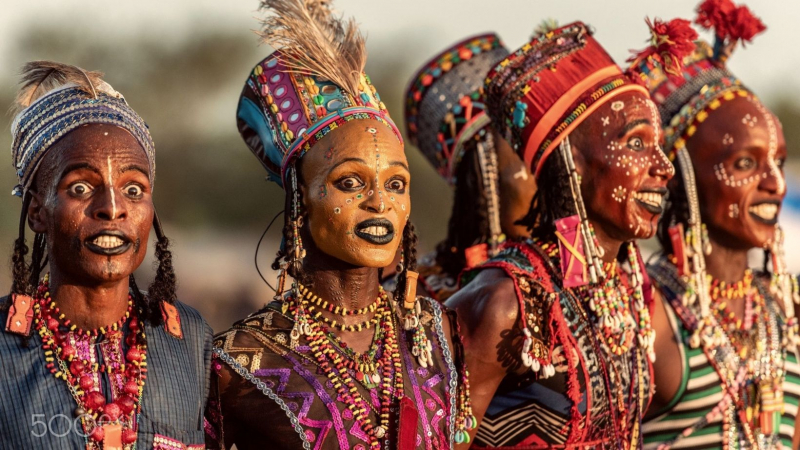
Source: seeafricatoday 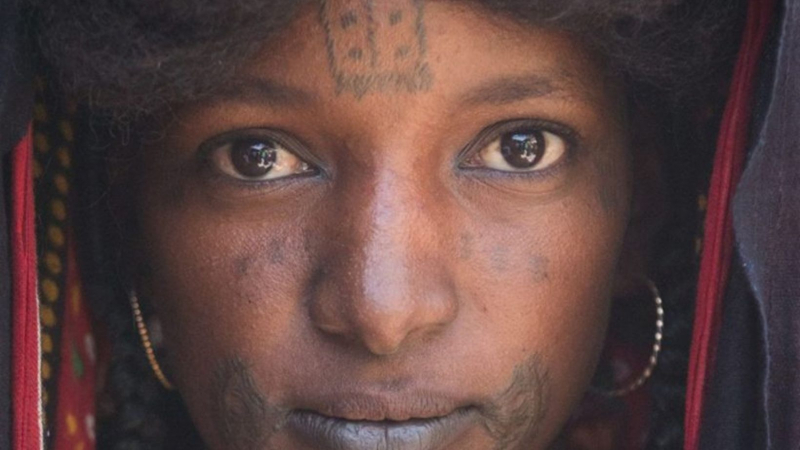
Source: internationalphotocenter -
Easter Monday is a famous national festival in Niger. Although Christians are a minority in the country, the government respects the beliefs of both Muslims and Christians as both holidays are celebrated nationwide. Easter is usually April or May, according to the Christian Calendar.
Easter Monday refers to the day after Easter Sunday in Eastern or Western Christian traditions. It is a public festival in some countries. It's the second day of Eastertide. In Western Christianity, it marks the second day of the Octave of Easter, and in Eastern Christianity, it marks the second day of Bright Week. Easter Monday is one of the most famous festivals in Niger.
- Organization time: April or May every year
- Location: Niger
Easter 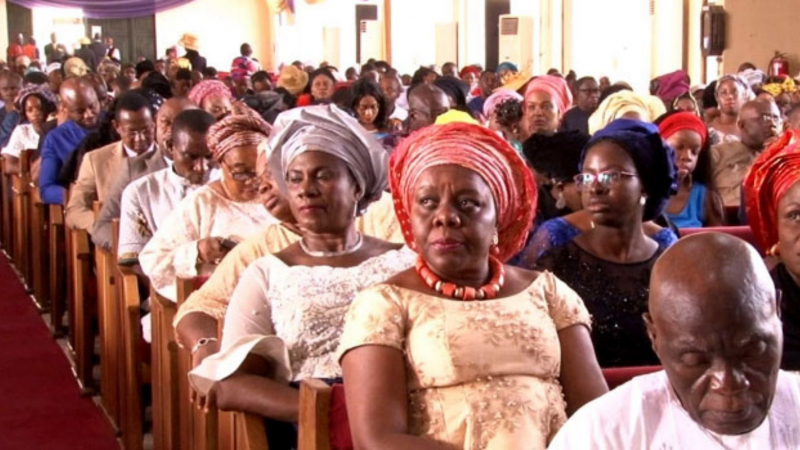
Source: channelstv -
Celebrated every August 3, Nigerien Independence Day celebrates the country's independence from France in 1960. Since 1975, it's the most famous festival in Niger, also been collectively celebrated as Arbor Day, where residents are encouraged to plant trees to celebrate the youth of their country, but also to combat desertification, which is an environmental issue facing the country.
Nigerien Independence Day is considered a famous festival to celebrate the independence of the country from France in 1960. Since 1975, it is also Arbor Day, as trees are planted all over the world. countries to support the fight against desertification. Instead of a party atmosphere, visitors come here to remember, share their emotions and do many meaningful activities.
- Organization time: August 3 every year
- Location: Niger
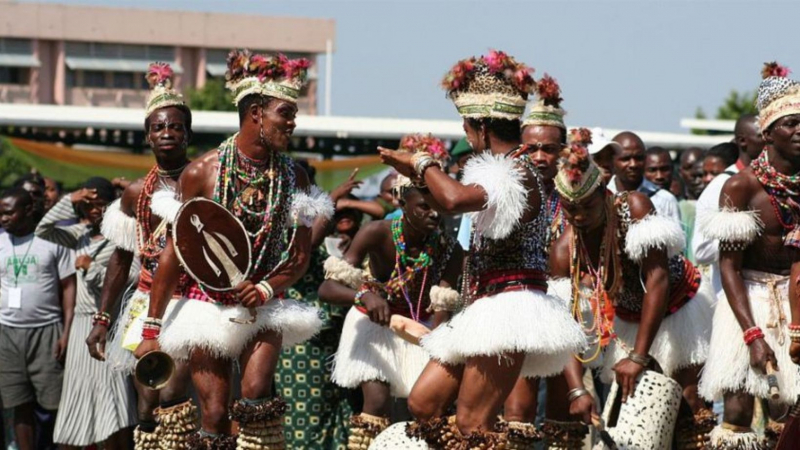
Source: nextnationalday 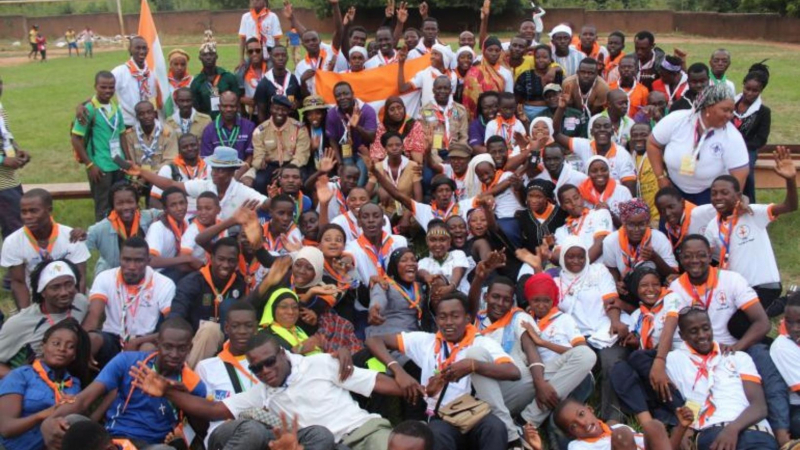
Source: scout -
Cure Salée is the most famous traditional festival held in Niger, where Tuareg and Wodaabe people from the north gather in the town of Ingall to celebrate the end of the rainy season. It usually happens on the last weekend of September, when the rains stop. Cure Salée is translated as 'Salt Cure' from French (the official language of Niger). The clans gathered in the salt flats and pools to graze their cattle and goats in preparation for the coming dry season. This is also a time of traditional courtship, and many weddings are held during this time. The government has sponsored this famous traditional festival for centuries and now heralds that it is a major tourist attraction.
The government of Niger has tried to promote Cure Salée, create a tourist festival (sponsored by major international corporations such as Coca-Cola) for Western visitors, and use traditional Cure Salée's multi-ethnic heritage to promote "a celebration of social cohesion in Niger.” Formal involvement also helps to place greater emphasis on the common culture of the rest of Niger: pop bands electricity, beauty contests, and sometimes forced endings of other rituals.
- Organization time: September every year
- Location: Ingall town, Niger
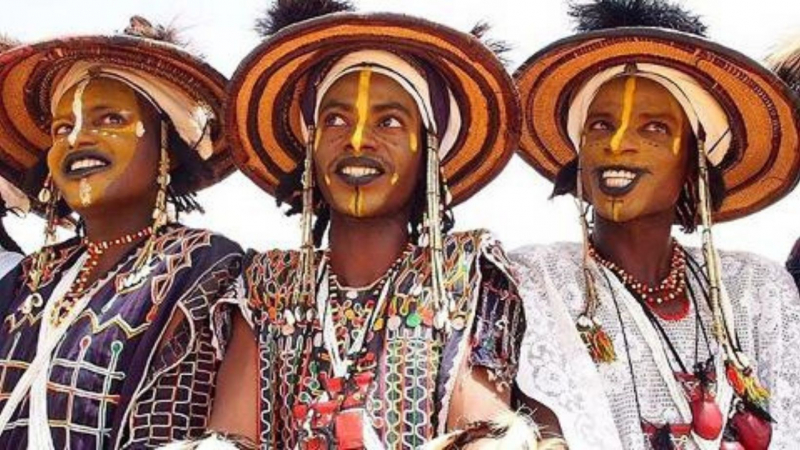
Source: nigertravelandtours 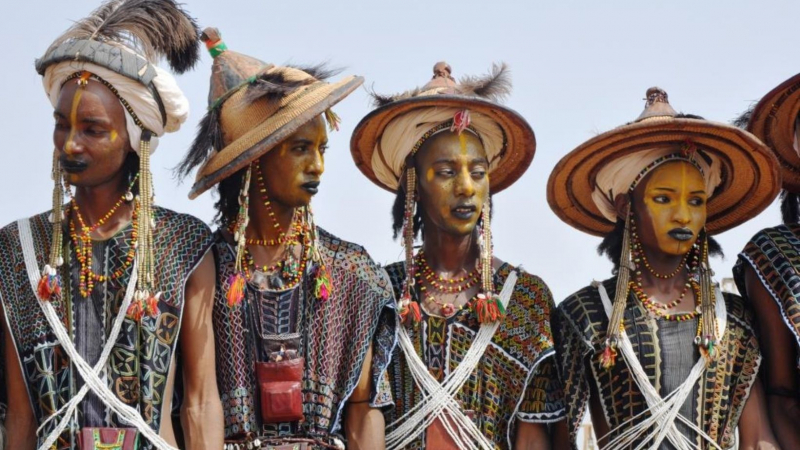
Source: mondafrique -
Eid al Fitr is the most famous Muslim festival celebrated at the end of the 30-day fast of Ramadan. According to the Islamic calendar, the month of Ramadan is usually celebrated between September and November. The most notable event for the most famous festival of Eid al Fitr is the horse show and carnival at the Palace. Sultan Palace, in the desert city of Zinder.
Eid al Fitr is known under different names in different languages and countries around the world, for example, this holiday is also known as Lesser Eid, or simply Eid. Eid al Fitr is commonly known as the Little Sallah of Nigeria. During the day, people usually greet each other by saying Barka Da Sallah, which when translated means "Greetings on Sallah" in Hausa.
- Organization time: August or November every year
- Location: Niger
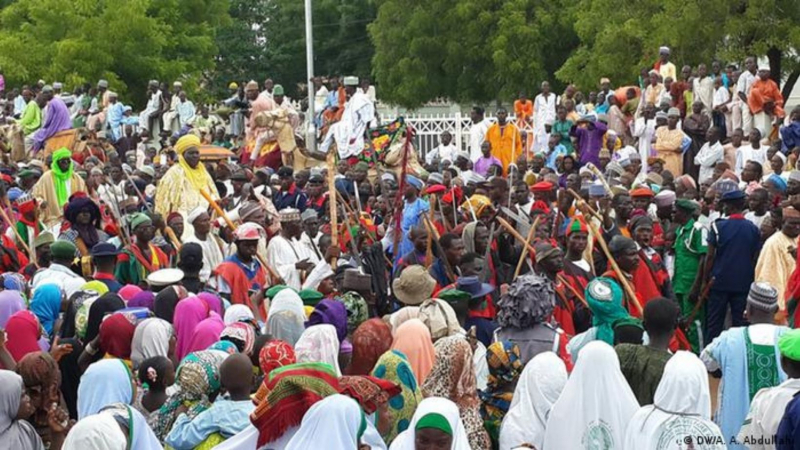
Dource: dw.com 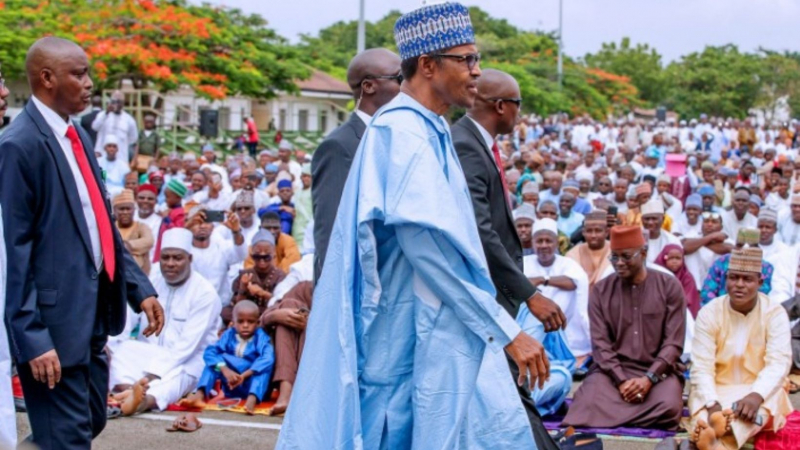
Source: nairaland -
The famous festival of Tabaski, also known as Eid al Adha, is an Islamic festival commemorating the sacrifice of Abraham. At this time, the locals hold a goat or mutton feast in remembrance, and it is considered an important family festival in Niger. It usually occurs in December or January according to the Islamic calendar.
As the most famous festival in Niger, Tabaski honors the willingness of Ibrahim (Abraham) to sacrifice his son Ismail (Ishmael) as an act of obedience to Allah's request. However, before Ibrahim could sacrifice his son, God provided him with a sheep that he was supposed to kill in place of his son. To commemorate this intervention, animals are ritually slaughtered. A third of their meat is consumed by the family that provides the animal, while the rest is distributed to the poor and needy. Sweets and presents are given, and family members are often visited and welcomed.
- Organization time: December or January (Islamic calendar) every year
- Location: Niger
Source: Youtube - #Niger #Tabaski au Niger #Eid ul Adha 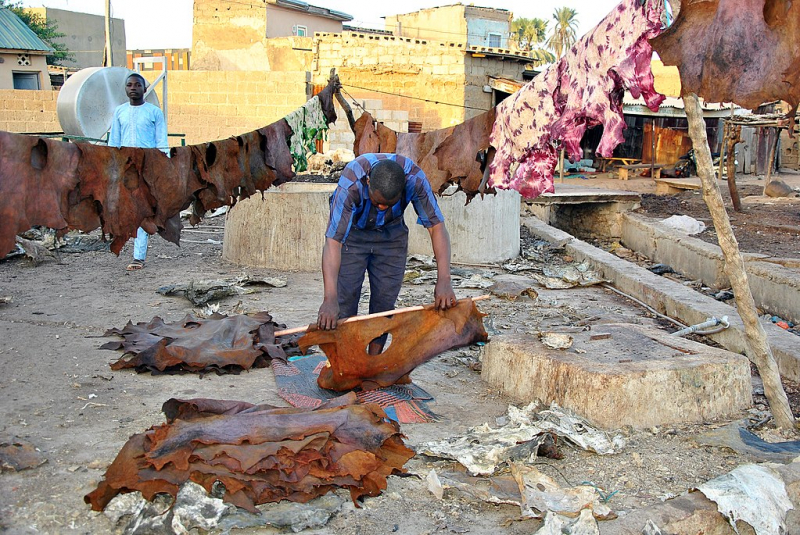
Source: studiokalangou -
Islamic New Year is one of Niger's most famous festivals, also known as Hijri New Year or Arab New Year, which marks the beginning of a new lunar Hijri year, and is the day on which the number of years is increased. The first day of the Islamic New Year is observed by most Muslims on the first day of the month of Muharram. The epoch (the reference date) of the Islamic era is set as the year of the migration of Muhammad and his followers from Mecca to Medina, known as the Hijrah, which corresponds to 622 AD in the Gregorian calendar. All religious duties, such as prayer, fasting during Ramadan, pilgrimage, and dates of important events, such as the celebration of holy nights and festivals, are counted according to the Islamic calendar teacher.
A day in the Islamic calendar is defined as starting at sunset. For example, 1 Muharram 1432 is identified to correspond to 7 or 8 December 2010 in the civil calendar (depending on the country). At the famous festival of Islamic New Year, visitors will have the opportunity to experience many special cultural traditions unique to Niger.
- Organization time: January or December every year
- Location: Niger
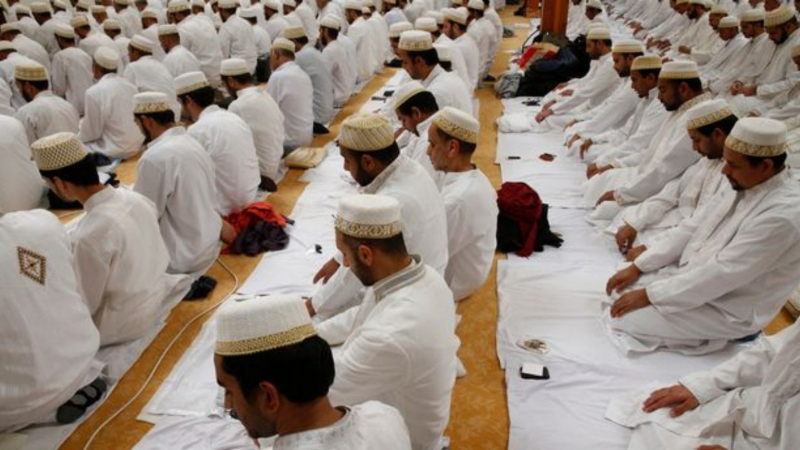
Source: mirror 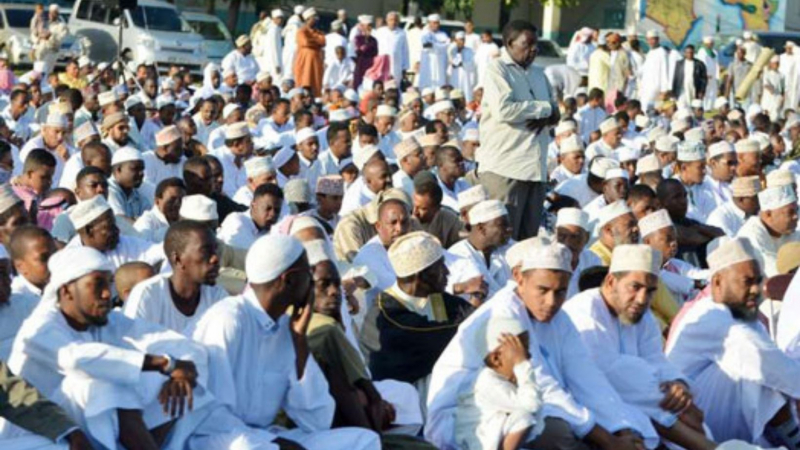
Source: nairobinews -
Mawlid is a famous festival in Niger and also commemorates the birthday of the Islamic prophet Muhammad, celebrated mainly on the 12th day of Rabi al-Awwal, the third month of the Islamic calendar. It is observed by the majority of Muslims around the world.
Mawlid has different forms of devotion related to the birth of Muhammad which can be found during the lifetime of Muhammad himself, during the Caliphate of Umar, and under various early Islamic dynasties such as the Abbasids, Zengids, and Fatimids, however, this is not an official annual public. The first to make the celebration of Muhammad's birth an official annual holiday was the general Ayyubid Gökböri in 1207.
Most Muslim denominations accept the celebration of Muhammad's birthday. Mawlid is recognized as a national holiday in most of the Muslim-majority countries of the world including Niger, with the exception of Saudi Arabia and Qatar. Some non-Muslim majority countries with large Muslim populations like India also recognize this as a holiday.
- Organization time: March ( Islamic calendar) every year
- Location: Niger
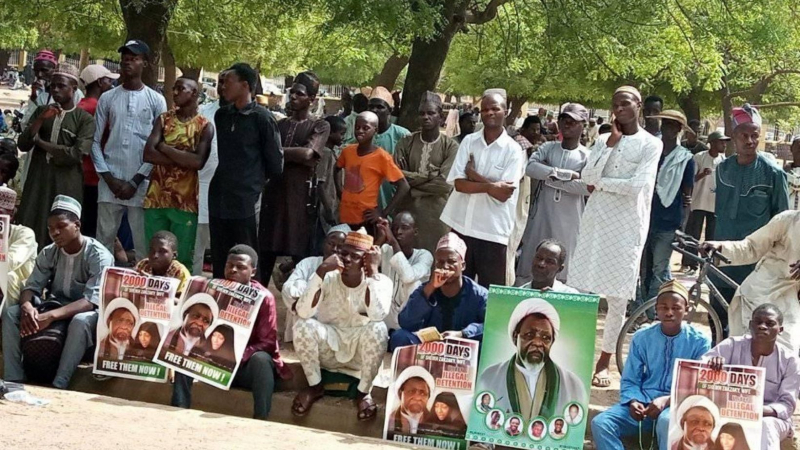
Source: abna24 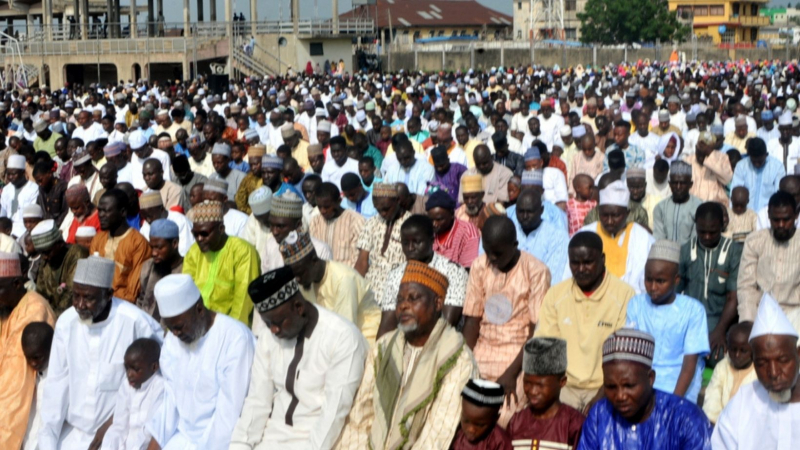
Source: premiumtimesng -
Concord Day is one of the most famous festivals in Niger, also known as Concorde National Day, or in French: Journée nationale de la Concorde, Fête nationale de la Concorde. It is a national holiday in Niger, celebrated on 24 April every year since 1995.
Concord Day is not only known as a famous holiday but also a commemoration day aimed at ending a new uprising on the Tuareg basis, as well as tolerance, peace, and cross-cultural social justice in the multicultural nation.
Niger's Concord Day is celebrated with street parties and cultural and educational events; speeches by the President of Niger and other leaders; and events designed to arouse national love and intercultural peace among young people.
- Organization time: April 24 every year
- Location: Niger
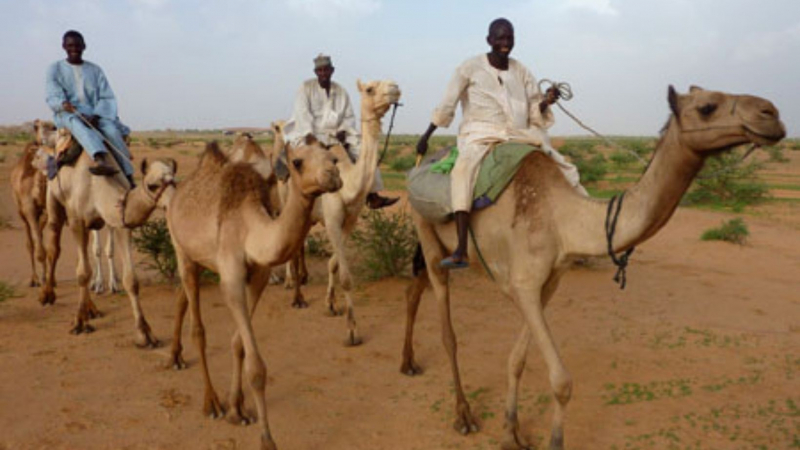
Source: every-day-is-special 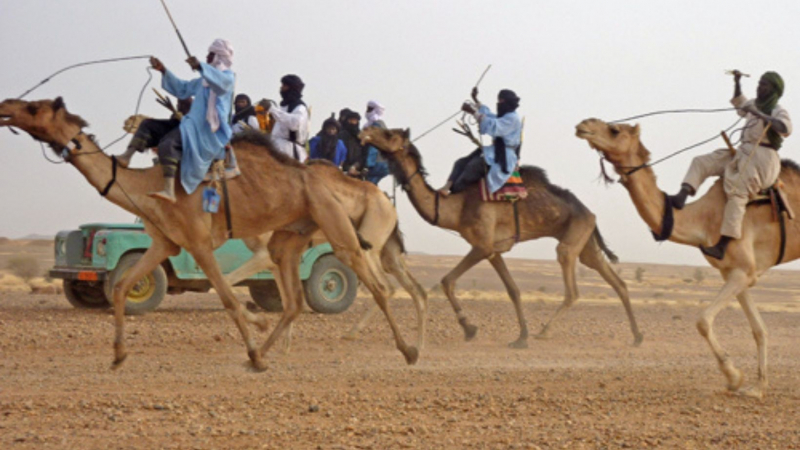
Source: icrc.org











